LeEco, the Chinese firm reported to be "taking on" Apple (as well as Tesla and Netflix) less than a year ago in an ambitious American expansion with new headquarters in San Jose, is now laying off employees and selling its property after running out of cash.
In December, LeEco halted trading of its stock after plummeting share prices reportedly triggered margin calls for its cash-strapped billionaire founder Jia Yueting.
LeEco had been hailed as an Apple threat, with tech journalists giddy in reporting Jia's contempt for Apple— a company Jia derided as "extremely slow" and compared to the Nazis.
Reuters is now reporting that LeEco is selling the San Jose headquarters it acquired from Yahoo last year: an 80,000-square-foot facility on 49 acres of land where it planned to house 12,000 employees. By comparison, Apple expects to have a similar number of employees working in the 2.8 million square foot "spaceship" of its new Apple Park complex later this year.
A familiar Anti-Apple story of unbridled hopes and dreams
LeEco initially announced plans for American expansion less than a year ago last April, stating that "our presence here in Silicon Valley puts an exclamation point on our visionary plans."
At the time, Jia appeared on CNBC to ridicule Apple as "outdated" and portray the iPhone as having "fallen behind," specifically attacking Apple's entry priced iPhone SE as having a "very low level of technology."
LeEco was earlier profiled by the Verge for promoting its smartphones in China by attacking Apple with Nazi imagery that depicted iOS as "tyranny," as Jia wrote of the "arrogant regime of iOS domination," despite the supposed supremacy of Android in terms of unit market share. Le Pro 3 is not only half as fast as Apple's latest iPhone 7, but is also trounced in typical single core performance by the same iPhone SE the LeEco's chief executive derided as slow and old last spring
Last October, LeEco wooed the media with an event that showed off an electric car concept, Android-based TVs, VR headsets and a new $399 Le Pro 3 phone, of which Cult of Mac crowed "packs the same powerful processor as Google's new Pixel phone."
Google's HTC-built Pixel, powered by the same Qualcomm Snapdragon 821 as Le Pro 3, is not only half as fast as Apple's latest iPhone 7, but is also trounced in typical single core performance by the same iPhone SE the LeEco's chief executive derided as slow and old last spring.
Money is the root of all ability
A larger problem for LeEco than its tired, regurgitated Google talking points about "iOS Tyranny" and the advantage of platform "openness" is that LeEco began rapidly running itself out of cash. Almost immediately after it began occupying its new U.S. headquarters, Jia warned that its ambitious expansion was running short of funding in a letter to employees.
"As we sped ahead blindfolded, and expanded our business by burning cash, we got overstretched in our global strategy," Jia explained. That global strategy involves televisions, bicycles, VR headsets and slow cheap iPhone killers (below).
Last summer, LeEco announced plans to acquire low end TV maker Vizio for $2 billion after spending $250 million to buy Yahoo's site in Silicon Valley. Unsurprisingly, the same tech media sources that announced Apple Park (previously known as Campus 2) was a sign the company was overspending and probably going out of business hailed LeEco's ambitious expenditures as being a smart way to enter the U.S. market.
Last spring, LeEco told Chinese media it had 1,000 people working in the U.S. By October Jia said it had "more than 500" employees in America, according to the Reuters report. In addition to dramatically scaling back its U.S. employment, the company has also fired over 80 percent of its staff in India, where it also hoped to expand rapidly.
In addition to firing employees, LeEco has also lost a series of higher profile executives, many of whom had been hired away from other Android makers. That includes its chief marketing officer Todd Pendleton (formerly from Samsung) as well as a patent lawyer hired away from Google.
LeEco's founder Jia is also the financial backer for aspiring electric carmaker Faraday Future. In February, that affiliated firm announced it would dramatically scale back its factory plans in Nevada. Originally planned as a $1.3 billion investment building 3 million square feet of factory space capable of producing 150,000 vehicles per year, the company now intends to build a 650,000 square foot facility with capable of building around 10,000 cars per year.
LeEco echoes Xiaomi, ZTE, Oppo, Vivo
LeEco is just the latest media darling anointed by the tech media to cause great threat and concern to Apple via rapid expansions, expensive acquisitions and flashy futuristic prototypes and technology announcements.
The Wall Street Journal previously promoted China's Xiaomi as being surprisingly profitable despite its business of selling low-end phones at low prices, until it was revealed that the profit figures the newspaper published were off by an order of magnitude: Xiaomi had earned just $56 million, rather than a half billion.iPhones earned about $10 billion in China last year, almost four times more than BBK's Oppo, Vivo; Xiaomi, ZTE and Huawei combined
Last year, Eva Dou of the Wall Street Journal acknowledged that after having "raised vast sums on China's mobile-Internet boom," Xiaomi is now "facing growing pressure to live up to expectations."
ZTE, the only major Chinese smartphone maker to meaningfully enter the U.S. market, was recently hit with a $892 million criminal fine for violating sanctions and lying to investigators, erasing two years of its profits.
The fastest-growing smartphone brands in China— Oppo and vivo, both owned by BBK— are now being hailed for producing volumes of devices that exceed Apple, just as Xiaomi once did. Bloomberg just hailed the brands as having "toppled Apple in China."
In reality, both BBK brands only earned a combined total of 2.8 percent of global mobile profits according to Strategy Analytics, about $1.5 billion. The same report noted that Apple's iPhone earned $44.9 billion globally. About 22.3 percent of Apple's sales last year were collected in Greater China, indicating that iPhones earned about $10 billion in China last year, almost four times more than BBK's Oppo, Vivo; Xiaomi, ZTE and Huawei combined.
Largely overlooked in the report by Bloomberg claiming that BBK's founder Duan Yongping "toppled Apple in China" is the fact that "he's long been a big-time investor in Apple and an unabashed fan of its chief executive officer [Tim Cook]," and that "much of his overseas wealth remains tied up in the iPhone maker."
 Daniel Eran Dilger
Daniel Eran Dilger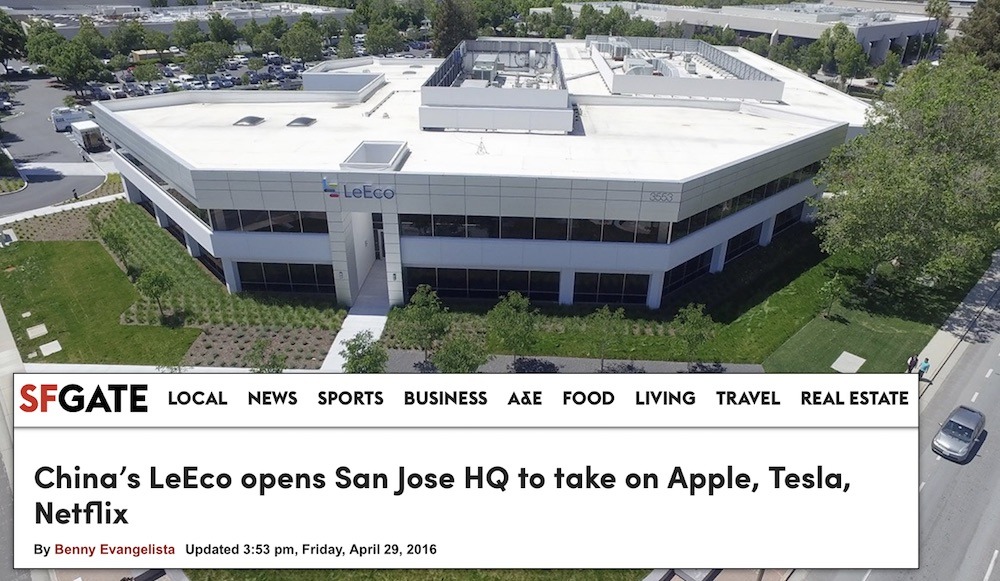
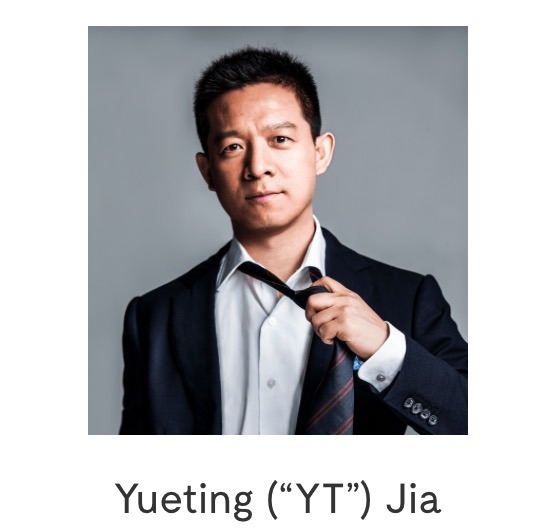
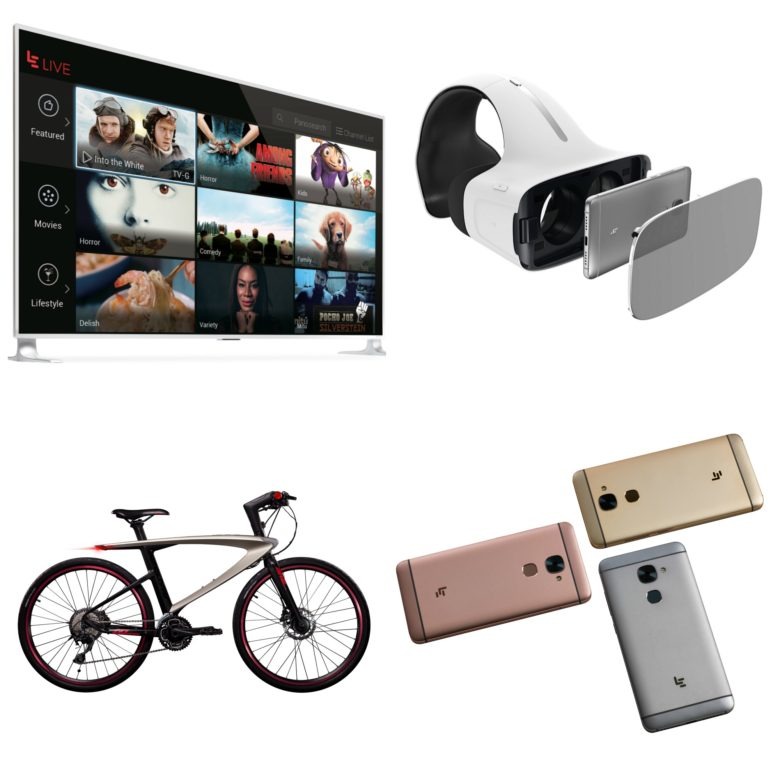
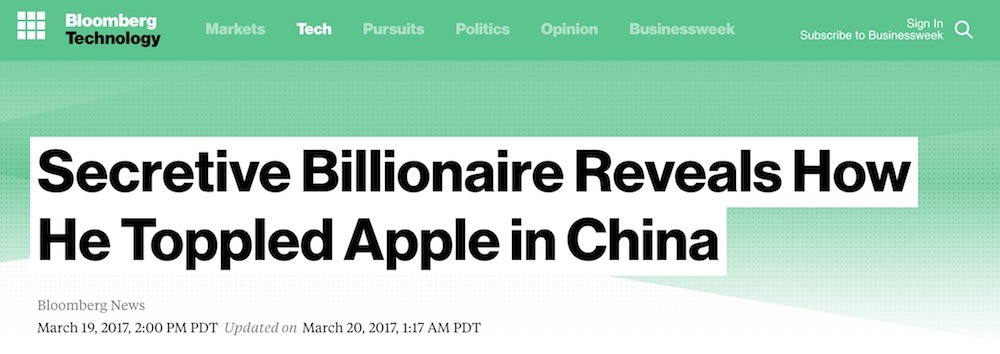

-m.jpg)





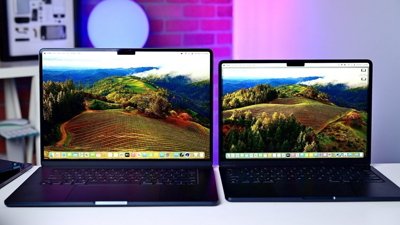
 Malcolm Owen
Malcolm Owen
 Amber Neely
Amber Neely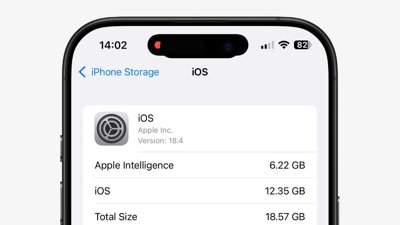
 William Gallagher
William Gallagher
 Sponsored Content
Sponsored Content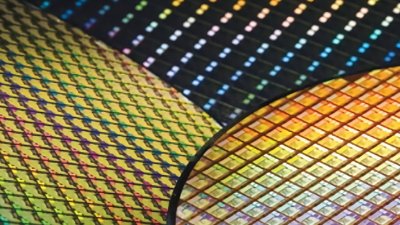
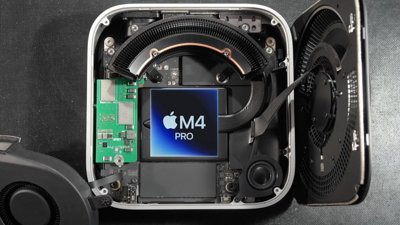
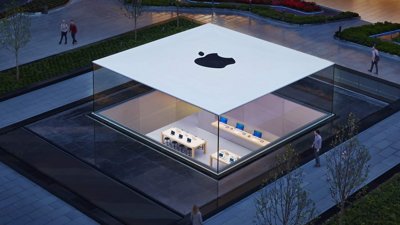
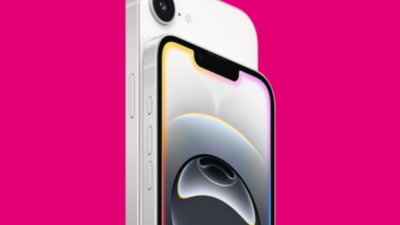
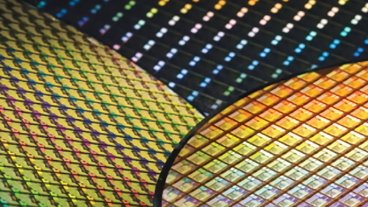
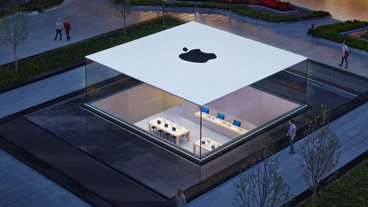
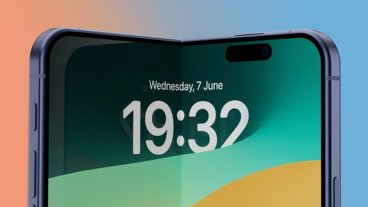







27 Comments
Apple is doomed because of cheaper Korean/Chinese/______ phones sold in millions in China/India/_____. . How dare you quote real facts to contradict the mainstream media narrative?/Sarcasm
Stupid jerk. I hope he tries again with an actual business plan, but even if he does, I'm sure TWSJ will completely miss the point. Again.
Arrogant, clueless jerk. The only expertise this snake-oil salesman had was burning through money. Where are those asshats that hailed him as the next threat? Conspicuously quiet aren't they?!!
Gone, like a fart in the wind.
Ha ha. Cocky dumbasses. All talk.